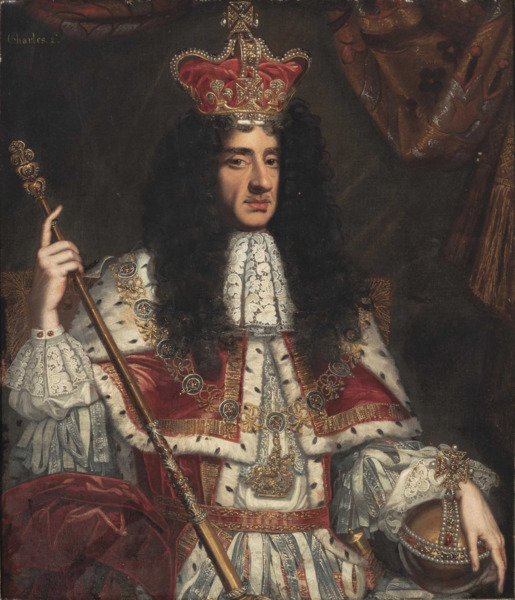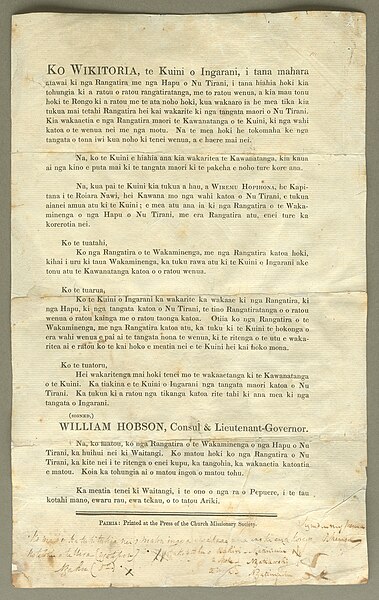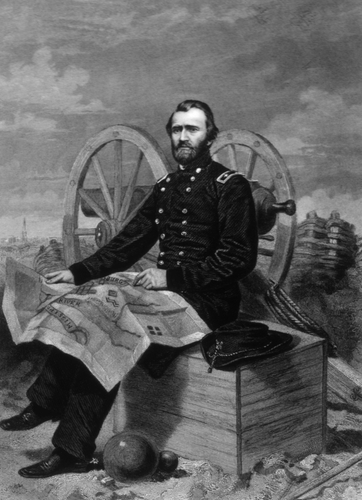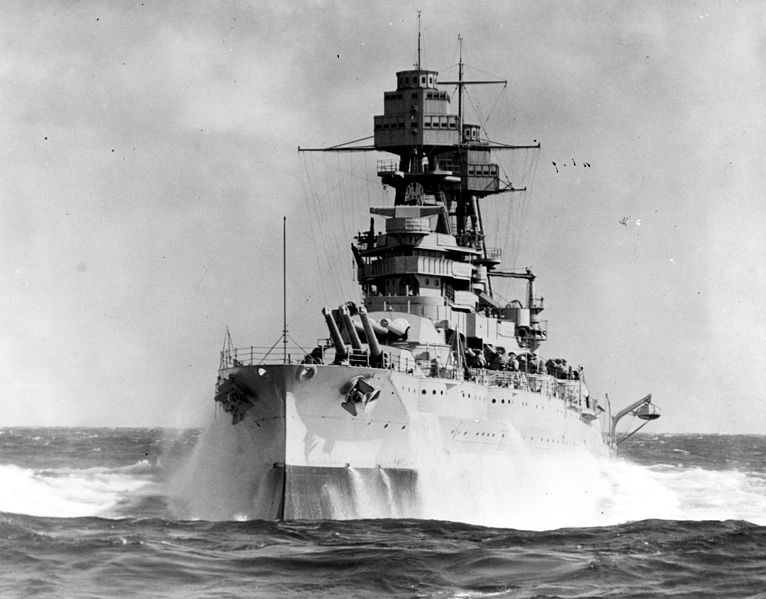February 6th has been a backdrop for a wide array of significant historical events, from dramatic shifts in political landscapes to milestones in human achievement and natural calamities.
This article traces back through time to uncover 20 remarkable moments that occurred on this day, shedding light on battles for freedom, groundbreaking treaties, and pivotal advancements.
These stories not only chart the course of history but also showcase the resilience and ingenuity of humanity. Dive into a concise exploration of how February 6th has shaped the narrative of our past.
February 6th Events in History
AD 60 – The earliest recorded instance of an earthquake in Pompeii, Italy
In the ancient city of Pompeii, located near present-day Naples, Italy, the earliest recorded earthquake occurred. This seismic event was a precursor to the catastrophic eruption of Mount Vesuvius in AD 79, which famously buried Pompeii and Herculaneum in volcanic ash and pumice.
Also Read: February 5 – On this Day in History
The earthquake in AD 60 caused significant damage to Pompeii, including the destruction of buildings and infrastructure. It served as an early warning of the volcanic activity in the area, although the full extent of the threat was not understood until the eruption nearly two decades later.
1685 – Charles II of England dies and is succeeded by his brother, who becomes James II of England and James VII of Scotland
Charles II passed away after a brief illness, leading to the ascension of his brother, James, to the thrones of England, Scotland, and Ireland. Charles II’s reign had seen the Restoration of the monarchy following the period of Oliver Cromwell’s Commonwealth.
Also Read: February 7th Events in History
His death brought about significant changes, as James II was a Catholic, which led to tensions in a predominantly Protestant England. James II’s faith and policies eventually contributed to the Glorious Revolution, which saw him deposed in 1688.

1778 – American Revolutionary War: The United States wins French recognition and military support with the signing of the Treaty of Alliance in Paris
This was a pivotal moment in the American Revolutionary War, as it marked the first formal alliance between the fledgling United States and a foreign country.
The Treaty of Alliance followed the American victory at the Battle of Saratoga, which convinced France of America’s potential to win its independence from Britain.
French recognition and military support significantly bolstered the American war effort, providing crucial supplies, troops, and naval support that contributed to the eventual American victory.
1819 – Sir Stamford Raffles founds Singapore as a trading post of the East India Company
On this day, Sir Stamford Raffles established Singapore as a strategic trading post for the British East India Company.
Recognizing its prime location at the southern tip of the Malay Peninsula, where it controlled the strait between the Indian Ocean and the South China Sea, Raffles foresaw its importance in international trade.
The establishment of Singapore marked the beginning of its transformation from a sparsely populated island into one of the world’s most bustling ports and a major global financial center.
1820 – The first 86 African American immigrants sponsored by the American Colonization Society start a settlement in present-day Liberia
The American Colonization Society was founded with the intention of repatriating freed African American slaves and free blacks to Africa. On February 6, 1820, the first group of colonists departed from New York, arriving in present-day Liberia several months later.
This initiative was rooted in the belief that former slaves would have better chances of living in freedom and prosperity in Africa than in the United States, amid widespread racism and discrimination.
The settlement eventually led to the establishment of Liberia as a free republic in 1847, with its capital Monrovia named after U.S. President James Monroe, a supporter of the colonization project.

1840 – The Treaty of Waitangi is signed, making New Zealand a part of the British Empire
The Treaty of Waitangi was signed by representatives of the British Crown and various Māori chiefs from the North Island of New Zealand.
This document is considered the founding document of New Zealand. It was intended to establish a British Governor in New Zealand, recognize Māori ownership of their lands and properties, and give Māori the rights of British subjects.
However, differences between the Māori and English texts have led to long-standing controversies over land rights and sovereignty, making the Treaty a focal point for Māori activism and redress efforts up to the present day.
1862 – American Civil War: Ulysses S. Grant gives the United States its first significant victory of the war, by capturing Fort Henry, Tennessee
The capture of Fort Henry by Union forces under General Ulysses S. Grant was a crucial early victory for the North in the American Civil War.
This success opened the Tennessee River as a vital route for Union incursions into the South, facilitating further military actions into Tennessee and beyond.
Grant’s aggressive approach in this campaign earned him national recognition and established his reputation as one of the Union’s most effective military leaders, setting the stage for his eventual role as the commanding general of all U.S. armies.

1899 – The Spanish-American War concludes with the signing of the Treaty of Paris. Spain renounces its sovereignty over Cuba and cedes Guam, Puerto Rico, and the Philippines to the United States for $20 million
The Treaty of Paris officially ended the Spanish-American War, marking the emergence of the United States as a world power. The war began as an intervention by the United States on behalf of Cuba, which was fighting for independence from Spain.
The treaty not only granted Cuba its independence but also signaled the end of Spain’s colonial empire in the Americas. The acquisition of Guam, Puerto Rico, and the Philippines marked the beginning of American territorial expansion and imperialism in the Pacific and the Caribbean.
1918 – British women over the age of 30, who meet minimum property qualifications, get the right to vote when the Representation of the People Act 1918 is passed
The Representation of the People Act 1918 was a landmark piece of legislation in the United Kingdom that significantly widened suffrage by abolishing practically all property qualifications for men and, for the first time, granting the vote to women over the age of 30 who met certain property qualifications.
This act was a pivotal moment in the women’s suffrage movement in the UK, reflecting the vital work performed by women during World War I and acknowledging their role in society. It laid the groundwork for further reforms, leading to equal suffrage rights for men and women a decade later.
1922 – The Washington Naval Treaty is signed in Washington, D.C., limiting naval armaments among the major powers, including the United States, Britain, Japan, France, and Italy
In the aftermath of World War I, the Washington Naval Treaty was signed with the intent of preventing an arms race by limiting naval construction. It was a significant effort towards disarmament and the promotion of peace.
The treaty set caps on battleships and aircraft carriers for the signatory nations and included restrictions on the size of ships and the total tonnage of fleets.
Though eventually undermined by various factors, including the rise of militarism in the 1930s, the treaty marked an important early attempt at international arms control.

1933 – The 20th Amendment to the United States Constitution is ratified, changing the inauguration date of the president and Congress from March to January
Known as the “Lame Duck Amendment,” the 20th Amendment was ratified to reduce the amount of time between the election and the beginning of the presidential, vice-presidential, and congressional terms.
Prior to this amendment, there was a long four-month period after the election before the newly elected officials took office, which was seen as inefficient and potentially risky during times of crisis.
By moving the inauguration date up to January 20th for the president and January 3rd for Congress, the amendment aimed to reduce the legislative gridlock and ensure a smoother transition of power.
1952 – Queen Elizabeth II ascends to the British throne upon the death of her father, King George VI
Queen Elizabeth II became queen at the age of 25 following the death of her father, King George VI, marking the beginning of a reign that would become the longest of any British monarch and the longest of any female head of state in history.
Her ascension to the throne was a significant event in British history, signaling the start of a new era post-World War II. Queen Elizabeth II’s reign has seen tremendous social, political, and technological changes, and she has remained a symbol of continuity and stability for the United Kingdom and the Commonwealth.
1958 – The Munich air disaster occurs, killing 23 people, including eight Manchester United footballers
The Munich air disaster was a tragic event that deeply affected the world of football and beyond. The crash occurred when a plane carrying the Manchester United football team, along with supporters and journalists, failed to take off properly after refueling in Munich, Germany.
The team was returning from a European Cup match in Belgrade. The loss of life was devastating, including eight players and three members of the club’s staff. The disaster led to widespread mourning and had a profound impact on the club, which took years to rebuild.
1976 – In Guatemala and Honduras, a 7.5 magnitude earthquake occurs, causing widespread damage and loss of life
The earthquake that struck Guatemala and Honduras in 1976 was one of the most devastating natural disasters in Central American history.
The quake caused extensive damage across cities and rural areas, leading to the loss of thousands of lives, the displacement of communities, and significant economic hardship.
The international community responded with aid and support, but the disaster underscored the challenges of disaster preparedness and response in the region, particularly in areas prone to seismic activity.
1987 – Justice Mary Gaudron is appointed to the High Court of Australia, becoming the first woman to be appointed to this position
The appointment of Mary Gaudron to the High Court represented a landmark moment in Australian legal history and was a significant step forward for gender equality in the judiciary.
Justice Gaudron served on the High Court from 1987 until her retirement in 2003, and throughout her tenure, she was known for her contributions to the advancement of human rights, labor law, and the rights of Indigenous Australians.
Her appointment broke the gender barrier in the country’s highest court, paving the way for more women to follow in her footsteps.
1996 – Willamette Valley Flood: A once in a century flood in the Pacific Northwest destroys much of the Willamette Valley’s prime farmland and numerous homes
The Willamette Valley flood of 1996 was a major natural disaster in the Pacific Northwest of the United States, particularly affecting Oregon. Following a period of heavy snowfall, a sudden temperature rise and heavy rains caused rapid snowmelt and severe flooding.
Rivers throughout the region, including the Willamette River, overflowed, inundating cities, destroying homes, and damaging vital agricultural land.
The flood highlighted the need for improved flood management and preparedness in the region, leading to significant investments in infrastructure and emergency response planning.
1998 – Washington National Airport is renamed Ronald Reagan National Airport
In 1998, Washington National Airport, located in Arlington, Virginia, just across the Potomac River from Washington, D.C., was officially renamed in honor of Ronald Reagan, the 40th President of the United States.
The renaming was part of a broader movement to commemorate Reagan’s legacy, coming several years after his presidency had ended.
The decision was met with mixed reactions, reflecting the polarized views of Reagan’s presidency. Nonetheless, Ronald Reagan National Airport remains a major gateway to the nation’s capital and a tribute to the former president.
2000 – Second Chechen War: Russia captures Grozny, the capital of Chechnya, forcing the separatist Chechen government into exile
The capture of Grozny by Russian forces marked a significant moment in the Second Chechen War, a conflict characterized by its brutality and high civilian casualties.
The Russian government launched a large-scale offensive to regain control over the breakaway republic of Chechnya, culminating in the battle for Grozny. The city was heavily bombarded, leading to widespread destruction and loss of life.
The fall of Grozny effectively ended major combat operations in Chechnya, although guerrilla warfare and terrorist attacks continued for years. The conflict had profound humanitarian and political repercussions, drawing international condemnation and highlighting issues of human rights and self-determination.
2004 – A stampede during the Hajj pilgrimage in Saudi Arabia kills 251 pilgrims
The 2004 Hajj stampede occurred during the stoning of the devil ritual, a part of the annual Islamic pilgrimage to Mecca. The tragedy was one of several deadly incidents to have occurred during the Hajj, underscoring the challenges of managing one of the largest religious gatherings in the world.
In response, the Saudi Arabian government undertook significant efforts to improve safety and crowd management at the Hajj, including infrastructure upgrades and stricter regulations to prevent future tragedies.
2018 – SpaceX’s Falcon Heavy, the world’s most powerful rocket, makes its first flight, launching from Kennedy Space Center and sending a Tesla Roadster into orbit around the sun
The maiden flight of SpaceX’s Falcon Heavy rocket was a landmark achievement in the field of private space exploration. Touted as the most powerful operational rocket in the world by a factor of two, its successful launch represented a major step forward in the ambition to make space travel more accessible and cost-effective.
The inclusion of Elon Musk’s personal Tesla Roadster as a mock payload, complete with a mannequin dubbed “Starman” in the driver’s seat, captured the public’s imagination. The Falcon Heavy’s development and successful deployment highlight the increasing role of private companies in space exploration, pushing the boundaries of what’s possible beyond government-led space programs.
